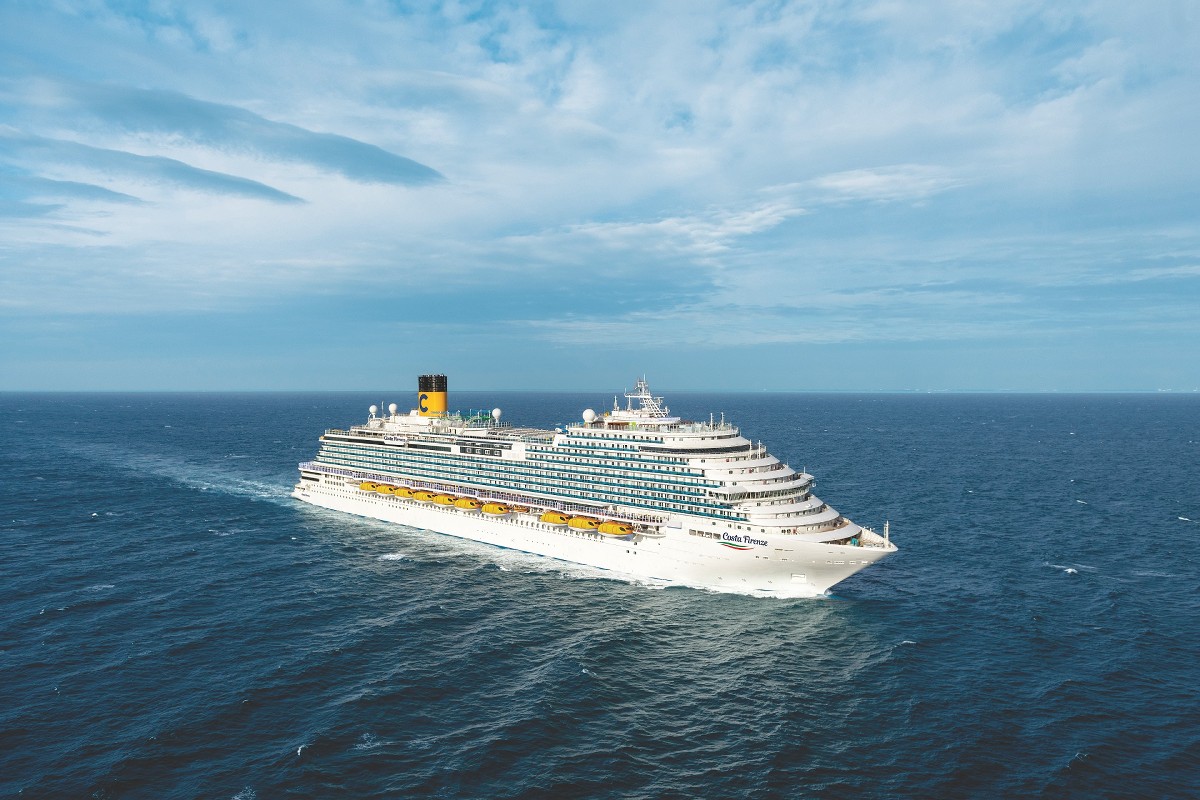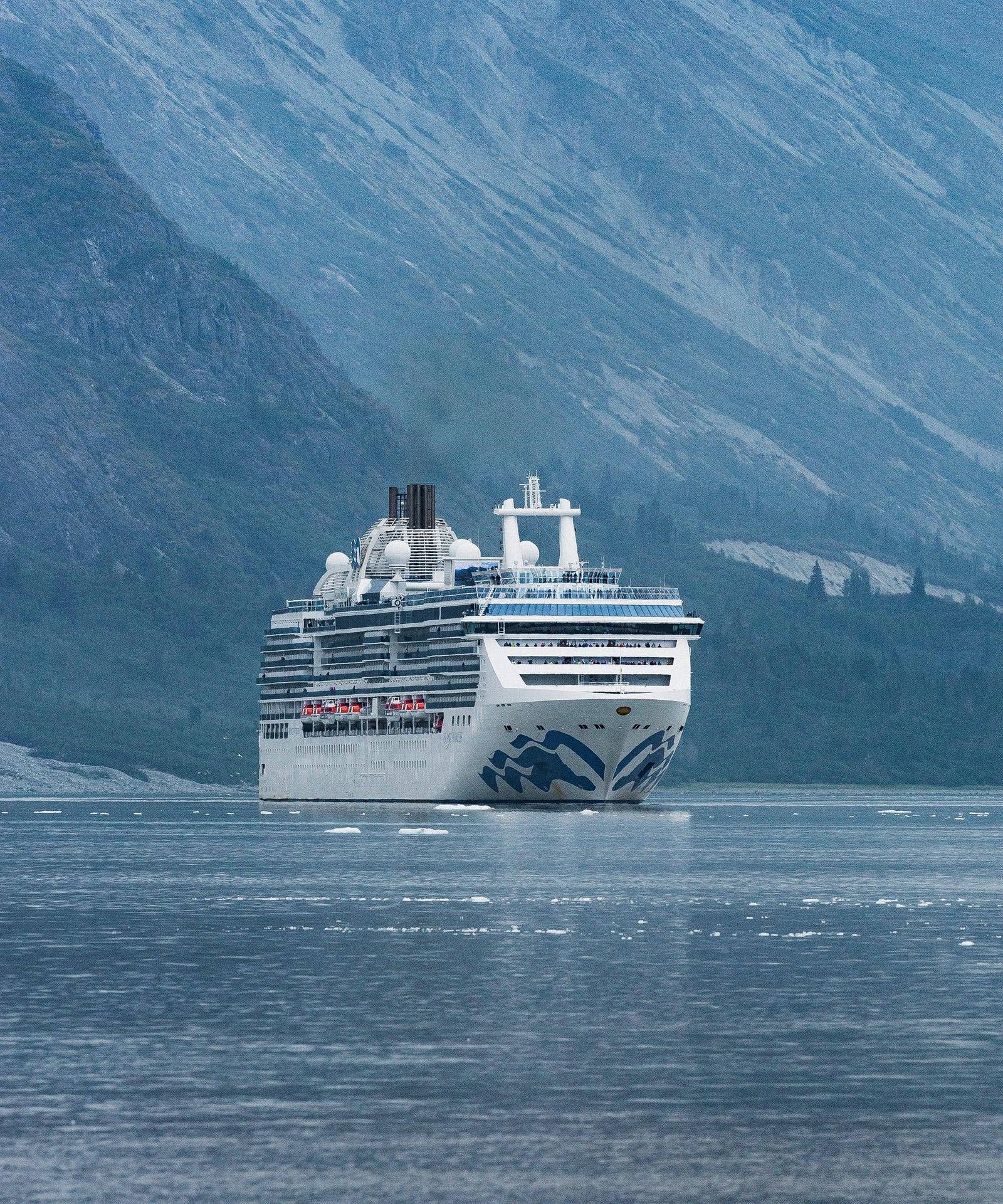
A cruise ship has many different positions. Here's what to expect. This includes the pay, responsibilities and locations of each position. Some positions can have multiple responsibilities. A port lecturer is one example of a popular position that has many duties.
Positions
A cruise ship could be the ideal place to start if you are interested in a career as an explorer. There are many positions that you can take on, and all require some level of certification. While many positions can be onboard, some require shore-based experience.

Responsibilities
From helping passengers to book their excursions and reservations, cruise staff have many responsibilities. Communication skills are required for this position, as they will have to interact with many people. In addition to their duties around the ship, staff members may be responsible for ensuring that all guests have a positive experience on board.
Locations
There are many job opportunities on cruise ships. No matter what level of experience you are looking for, there is a job available on any cruise ship. You'll need to provide entertainment and meet the needs for your passengers while onboard. You'll be doing cabin cleaning, laundry, and food service on cruise ships. It's also possible to learn new skills, such as programming computers and learning a language.
Pay
The pay for cruise ship staff varies widely depending on their position and the cruise line they work for. A bartender working on a luxury cruise line can make as much as $2,000. This includes tips. A cabin steward aboard a lower-cost cruise ship can make anywhere from $650 to $11,150 per months. Although cruise ship staff don't get much pay, they work long hours and have flexible working hours.

Social life
Crewmembers on cruise ships often have close knit social networks that are based on their nationality or other shared interests. Some are able to form long-lasting friendships, while others aren't able to separate themselves from the group. Cruise ship crews enjoy having fun with one another and celebrating their achievements.
FAQ
How does cruising work?
When you book a cruise you must pay a deposit. This deposit is usually between $50 and $100. Your balance is due 30 days before departure. You will check in to your cabin once you have arrived at the port. You can then take part in any of the onboard activities.
Can I bring my pet along?
Most cruise lines allow pets to travel aboard. There are however some restrictions. You must ensure that your pet is healthy enough for travel. You should not allow pets that are too sick to travel onboard. You cannot bring service dogs or any other animals to board. Service dogs are trained for disabled persons. You can't bring any type or dangerous animal to board.
Do you need a passport to go on a cruise?
A passport is essential for anyone who wants to travel around the globe. A passport allows you to travel anywhere in the world without needing visas.
Without a passport, you might not be permitted to enter certain countries. It allows you to travel longer abroad.
How long does the journey to port take?
The distance between the port (and the ship) and the speed at the which the ship travels determine how long it takes for the port to reach. Not all ships dock near shore. They can then unload their passengers very quickly. Other ships dock further away from land, so it takes longer for the ship to arrive.
Why are cruise vacations so appealing?
People who don't want long flights or delays but still want to enjoy a memorable vacation have found that cruises are increasingly popular. They also provide a relaxing atmosphere where passengers can enjoy themselves without worrying about schedules and other details of daily life.
It is also possible to travel by cruise ship, making it easier for tourists to visit different places on land as well as at sea. This allows them to take in all the sights and attractions of each destination.
Are cruise ships safe?
Yes, cruise ships can be very safe to travel on. Cruise ships come equipped with modern technology and security systems. Cruise ships must also comply with strict safety standards. Crew members go through extensive training, and must pass background checks. Before boarding the ship, passengers must be screened. Some cruise lines even require passengers to show evidence of vaccinations against certain diseases. If you are ever concerned about your safety, please contact the customer service department at the cruise line.
Is it necessary to tip my Cruise Director
This varies by cruise line. Some cruise directors do receive tips while some don't. Asking your Cruise Director when you board a ship is the best way to determine if they are entitled to tips. They will most likely tell you if tipping is expected.
Statistics
- You'll need to budget around $80 per person per day for this option – and an additional 18% gratuity. (travel.usnews.com)
- You can save 15% off the total price if you book in advance of your trip. (travel.usnews.com)
- *20% Gratuities Apply on Free Unlimited Open Bar; Free Specialty Dining. (ncl.com)
- The line estimates savings of 50% when you purchase this bundle. (travel.usnews.com)
External Links
How To
How to avoid getting seasick on a cruise
A hat is the best way to prevent seasickness while on cruise. A wide-brimmed hat helps prevent motion sickness by keeping the head from moving too much.
A hat can also keep water off the head, decreasing the amount of moisture in the air. This makes breathing easier for people prone to feeling dizzy when they breathe in moist air.
Another tip is to drink lots of fluids. Avoid alcohol or caffeine. These drinks dehydrate the body and make it harder for fluids to move around the stomach. The amount of salt in the bloodstream can be reduced by drinking enough liquids. Salt causes the body and kidneys to retain water. This can lead to nausea.
Eat something salty if your stomach is feeling nauseous. Salty foods increase the production of hydrochloric, which helps to break down food.
These tips may not work. There are other medications that can be used to treat seasickness. Some medications can cause side effects like dry mouth, dryness, constipation, blurred sight, headaches, dry lips, dry skin, dry gums, dry lips, constipation, dry eyes, dry throat, dry skin, and constipation.